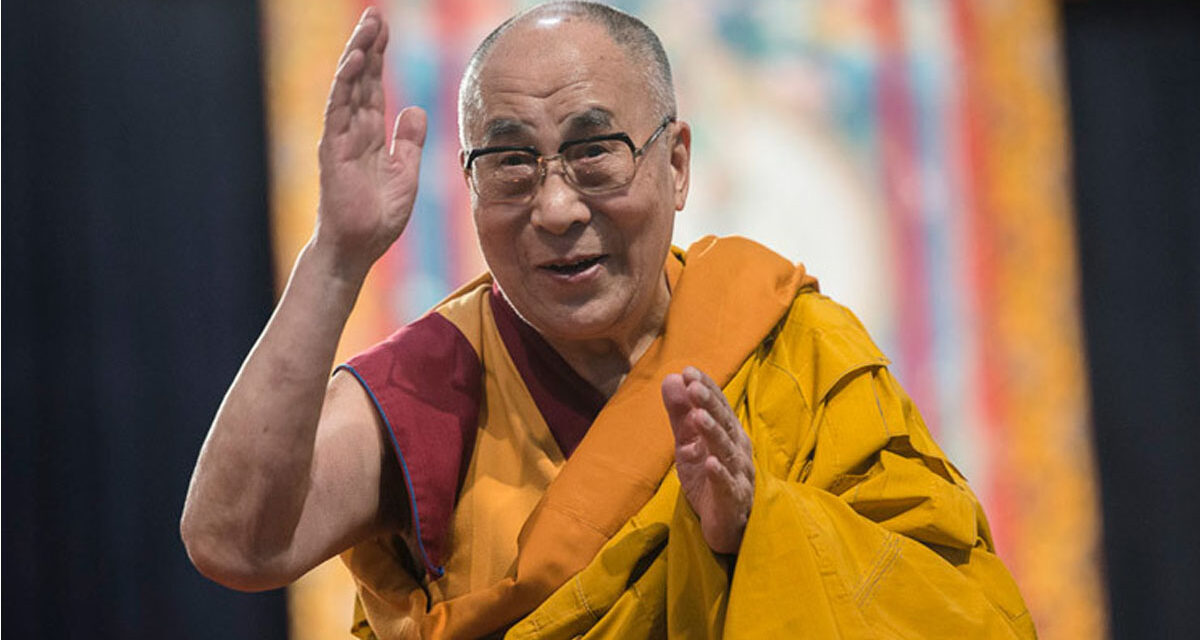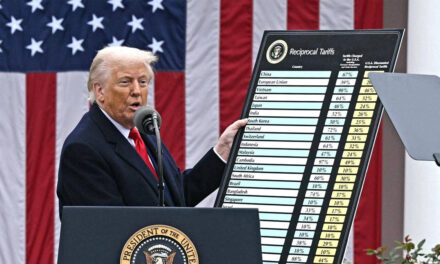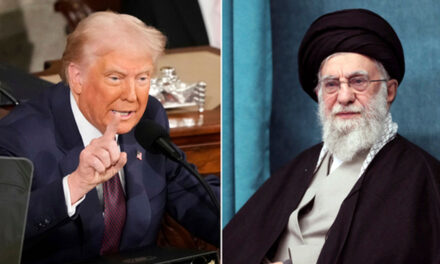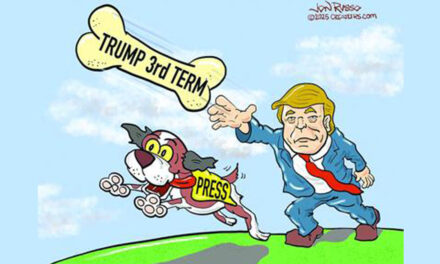
China Demands Dalai Lama ‘Correct’ his Political Views

In a striking display of audacity, China has demanded that the Dalai Lama completely change his political views if he wants to engage in talks. This comes at a time when the United States is increasing its support for Tibetan autonomy. The recent visit of U.S. lawmakers to the Dalai Lama in India and the upcoming signing of the Resolve Tibet bill by President Biden highlight this growing support.
China’s Unyielding Stance
China’s Foreign Ministry spokesperson, Lin Jian, stated that for any talks to occur, the Dalai Lama must “thoroughly reflect and completely correct his political propositions.” This vague yet forceful statement shows China’s unwillingness to engage in meaningful dialogue without complete capitulation from the Tibetan spiritual leader. Beijing views the Dalai Lama as a separatist, a label he denies, advocating instead for greater autonomy within China rather than outright independence.
The Resolve Tibet Bill
President Biden is set to sign the Resolve Tibet bill, which calls for negotiations between Tibetan leaders and Beijing. This bill, passed by both the U.S. Senate and the House of Representatives, signifies a strong bipartisan commitment to supporting Tibet’s cultural, religious, and linguistic autonomy. As Representative Michael McCaul stated, “It is still my hope that one day the Dalai Lama and his people will return to Tibet in peace.” This bill underscores the U.S. commitment to human rights and signals a shift in international expectations regarding China’s policies.
U.S. Lawmakers’ Defiant Visit
A delegation of seven U.S. lawmakers, including former House Speaker Nancy Pelosi, recently visited the Dalai Lama in Dharamsala, India. This visit is seen as a direct challenge to Beijing’s policies. Pelosi’s bold statement, “This bill says to the Chinese government: things have changed now, get ready for that,” underscores the shift in U.S. policy towards a more confrontational stance on human rights issues in Tibet. The lawmakers’ meeting with the Dalai Lama is likely to irritate Beijing, especially as the U.S. and China are trying to improve relations.
The Dalai Lama’s Struggle and Succession
The Dalai Lama, now 88, fled Tibet in 1959 following a failed uprising against Chinese rule. His succession remains a contentious issue, with Beijing insisting on its right to approve his successor, a move aimed at ensuring a compliant future leader. However, U.S. lawmakers have made it clear that they will not allow China to interfere in this process. McCaul stated, “We will not let that happen,” emphasizing the U.S. stance against China’s interference in Tibetan spiritual matters.
There is already a dispute over who is the rightful Panchen Lama, the second-most important figure in Tibetan Buddhism after the Dalai Lama. Activists claim that the Chinese government kidnapped the Dalai Lama’s choice, a six-year-old child, days after being named, and he has been forcibly detained ever since. This ongoing conflict highlights the Chinese government’s attempts to control Tibetan religious leaders.
Global Implications
The U.S. lawmakers’ visit and the impending Resolve Tibet bill have significant global implications. They highlight a growing international resistance to China’s authoritarian policies and a commitment to supporting oppressed communities. Brahma Chellaney, a professor emeritus of strategic studies at the Center for Policy Research in New Delhi, said, “The U.S. and India need to work together, including countering China’s disinformation on Tibet and foiling its plan to install a puppet as the next Dalai Lama.” This collaboration is crucial in standing up to China’s attempts to control Tibetan culture and religion.
China claims that Tibet has prospered under Communist Party rule, pointing to the construction of highways, high-speed railways, and the promotion of tourism. However, critics argue that this development has come at the cost of erasing Tibetan culture, language, and religion as Beijing “Sinicizes” the remote, mountainous region, which it annexed in the 1950s. Penpa Tsering, president of the Tibetan government-in-exile, stated, “Such infliction of suffering and oppression on the Tibetan people by the Chinese Communist Party authorities is unparalleled and unprecedented.
ACZ Editor: Anyone who knows China, knows that it does not tolerate dissenting opinions, especially in the context of religion. We predict that is the Dalai Lama becomes a problem for China, the Dalai Lama will disappear.

























Adam Smith never imagined his economics would become so misunderstood, misinterpreted, and reduced to Junk Economics by those who claim…
Blink again and Trump is reversing on himself on his tariff fiasco. He goes nuts with the amount of worldwide…
Trump has arrested development syndrome stuck in the 19th Century. His wishes to be a dictator colonialist land baron.This is…
Once again, Seth do spew that doo doo that he do so well starting with spelling my name wrong so…
He arose to belittle our country while still trying to be Spartacus Not gonna happen. Maybe you libturds can get…